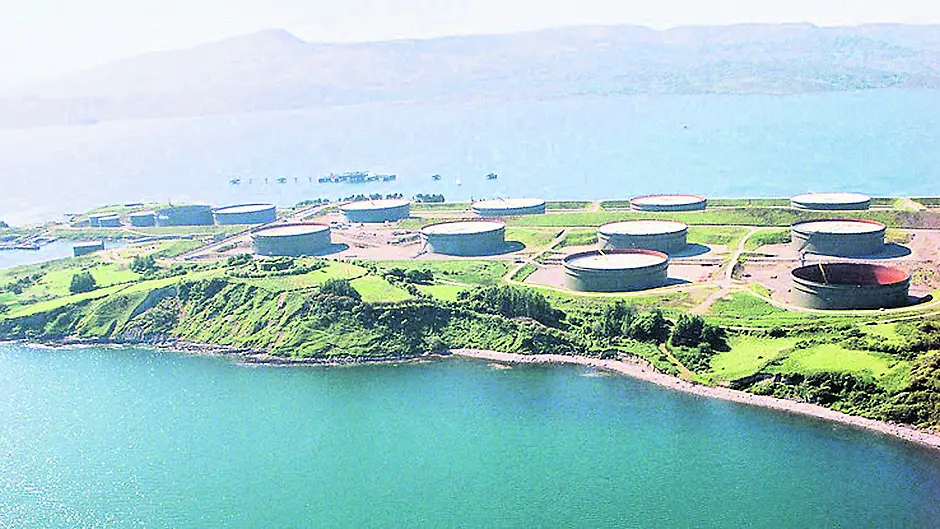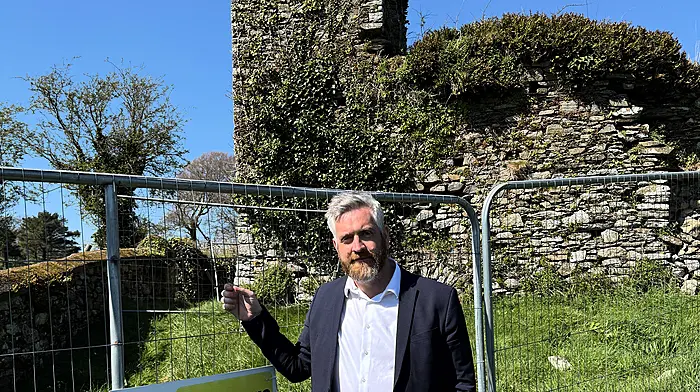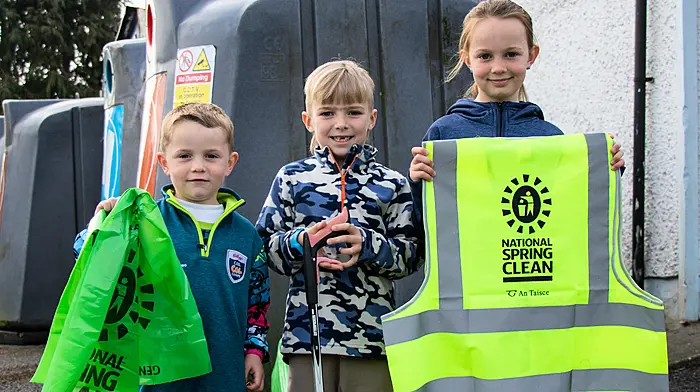Bantry Bay’s oil terminal on Whiddy Island is in big demand for storage, following a drop in global oil prices, and an oversupply in the market.
Assistant harbour master Michael Pat Murphy said this week the yearly average for the number of oil tankers using Whiddy is 15. However, since January, 14 tankers – carrying gasoline and crude oil – have already used the island’s storage tanks.
The 15th tanker off-loaded its cargo on Monday May 18th, and another tanker is due to arrive this week.
Mr Murphy confirmed that there are 14 large storage tanks at the Bantry Bay terminal – which is operated by Zenith Energy Management – with a capacity of 600,000 barrels each, as well as two smaller tanks, each with a capacity of 200,000 barrels.
Mr Murphy said eight of these tanks are under constant contract from NORA, the National Oil Reserves Agency, while the other four are what are known as ‘trading tanks’.
He said that so far this year 70% of the traffic is just changing out product, ‘which keeps it rejuvenated.’
Mr Murphy confirmed that more oil will create more jobs on the island. However, a spokesperson for Bantry Bay Terminal was unavailable to confirm staffing levels.
At its peak, an estimated 70 people – including the company’s core staff and sub-contractors – would take the ferry to the Whiddy terminal.
However, that number has dropped over the last two months due to Covid-19 restrictions.
The restrictions have meant that only necessary works are being carried out, and that administration staff have been working from home.
Those who do travel out to the island observe the Covid-19 guidelines. This has meant a reduction in the number of people using the ferry at any one time, the use of hand sanitiser by all passengers, and the continued observation of the recommended 2m physical distance, a spokesperson confirmed.
Eileen O’Shea, who is the chairperson of Bantry Development and Tourism Association, and also a member of the harbour board authority, welcome the increased business in Bantry and the additional employment it would provide in the future.










